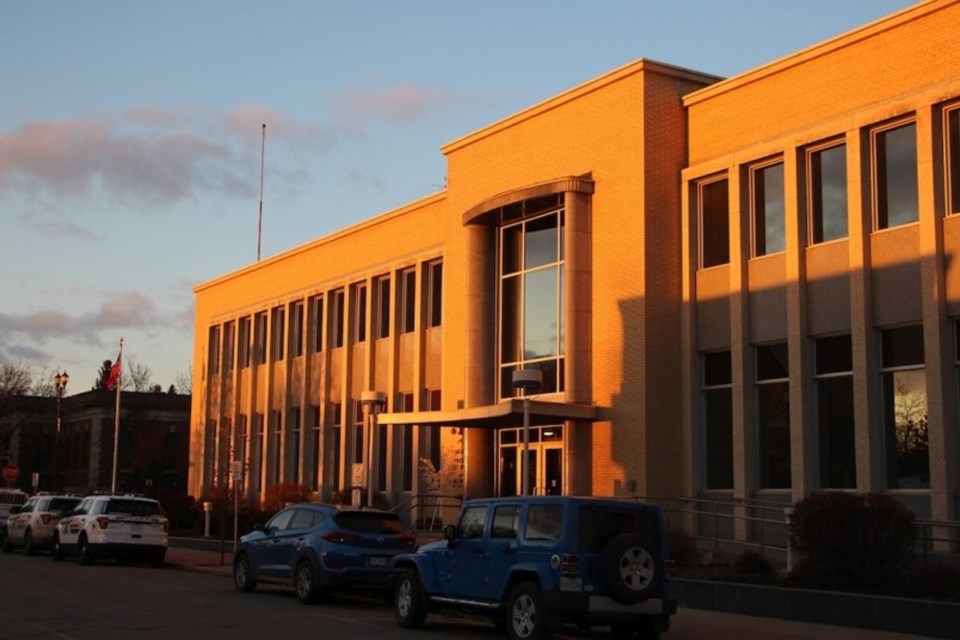YORKTON - The province managed some nifty bookkeeping that has municipalities wondering how a significant chunk of transfer dollars being sent their way are now flowing back to the province?
It’s pretty well understood that municipalities share in a fund generated each year based on a percentage of the sales tax collected by the province. It is a number which fluctuates somewhat based on sales figures – but that is seen as rather fair as the two levels of government share in what is essentially the risk of sales in the province.
But the province still very much controls the taps in terms of just how much flows to municipalities. When the province chose to broaden the basket of products and services it collected sales tax on one might have thought municipalities as partners in the revenue sharing initiative would see some added dollars coming their way.
Certainly when you look at aging waterlines, and cracking sidewalks and pock-marked asphalt these are places added dollars would be well invested in communities.
However, the province clawed back the percentage used in the formula leaving municipalities without a share of the province’s move to increase sales tax revenue for their coffers.
Of course ‘rule’ changes by this government in terms of dollars to municipalities is not new. The Saskatchewan Party are the ones who arbitrarily ended long-standing grants-in-lieu agreements for SaskPower and SaskEnergy. The end of the grants cost municipalities millions.
The issue with the sales tax-based revenue sharing is less black and white than simply tearing up a contract.
In this case the province is still sending out the revenue sharing cheques, but they are also applying the provincial sales tax on municipal projects.
So when a municipality takes their transfer dollars and invest it in new waterlines or skating rink upgrades they have to hold back a portion to send back to the province as PST.
It seems like one of those sleight-of-hand tricks, now you see the money to build your community, and now you don’t.
The bottom line here is pretty simple; the infrastructure shortfall in municipalities where people live day-to-day are massive.
Buy a house in Yorkton and watch them paving the street, or laying a new sidewalk, it is all but assured no one will own that house long enough to see them replaced with the replacement period measured in decades and the number far too close to being a century in the future.
That should worry everyone, but politicians most.
How do they help build a future where potholes aren’t commonplace on city streets, and the pipes that carry water to our homes were not installed a half century or more ago?
Replace and upgrade is the answer, but that takes money, and the province has to play a role.
A good first step for the province would be to end the sales tax two step leaving transfer dollars to build not at least in-part restock provincial finances.






